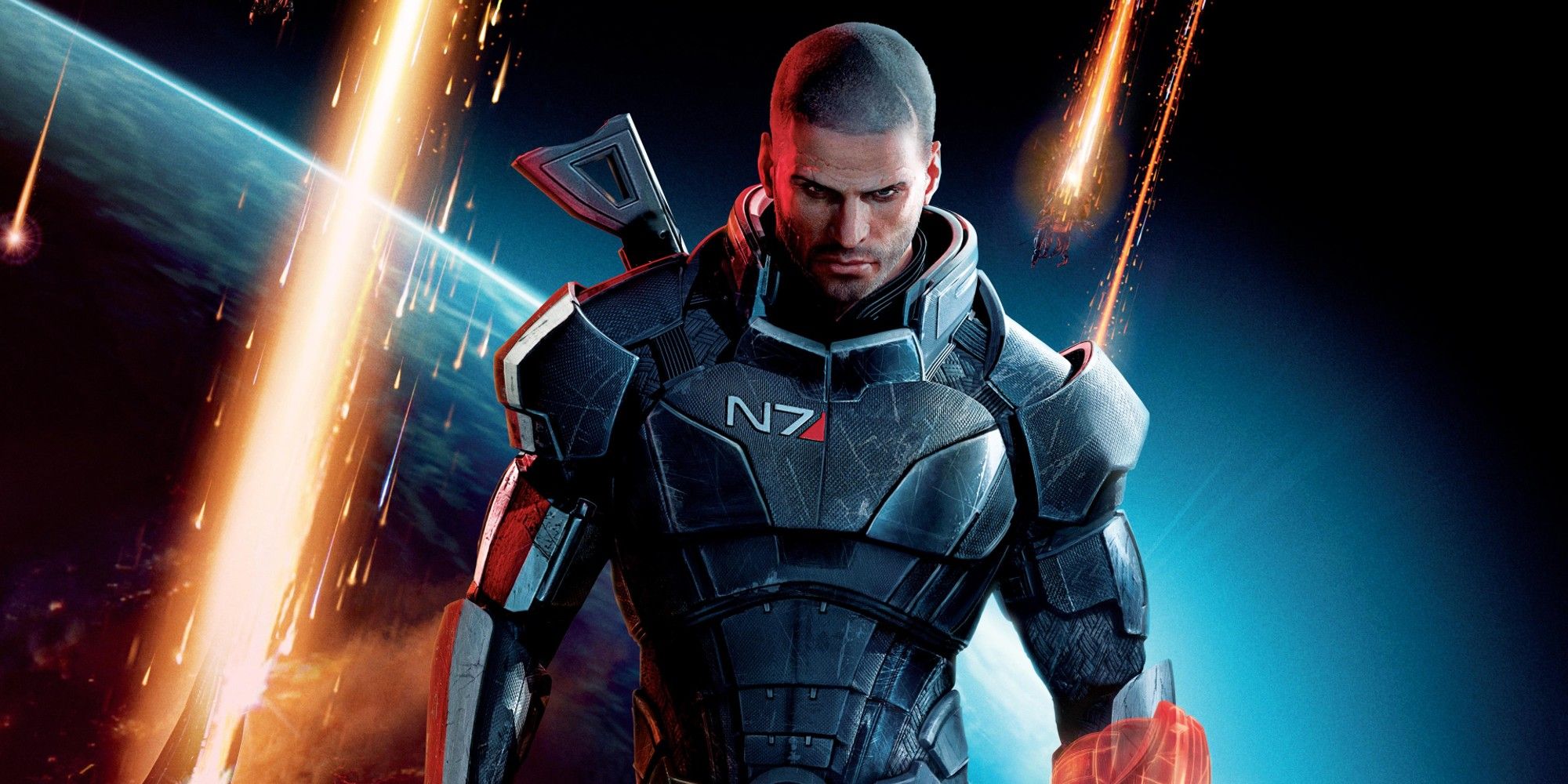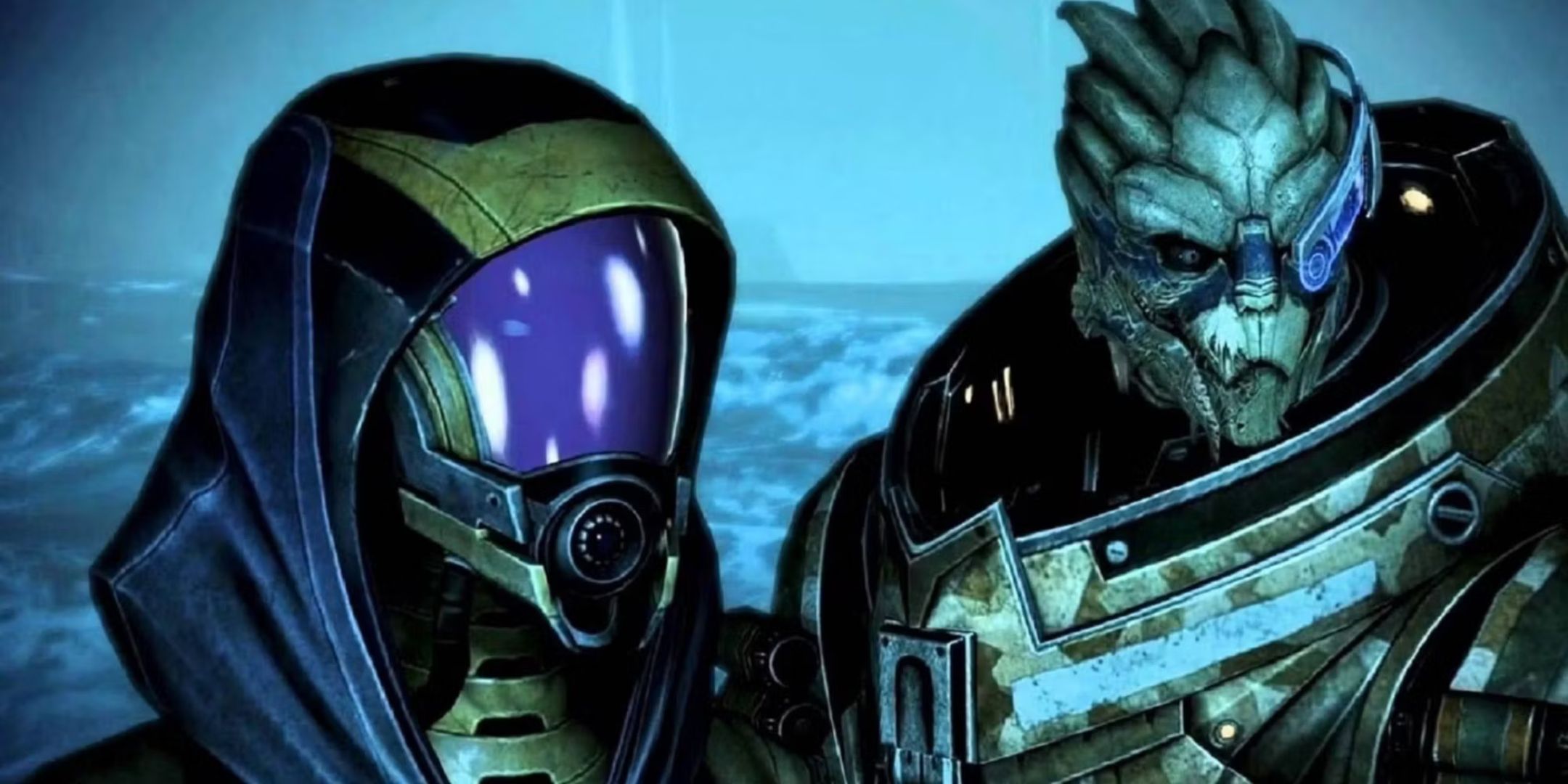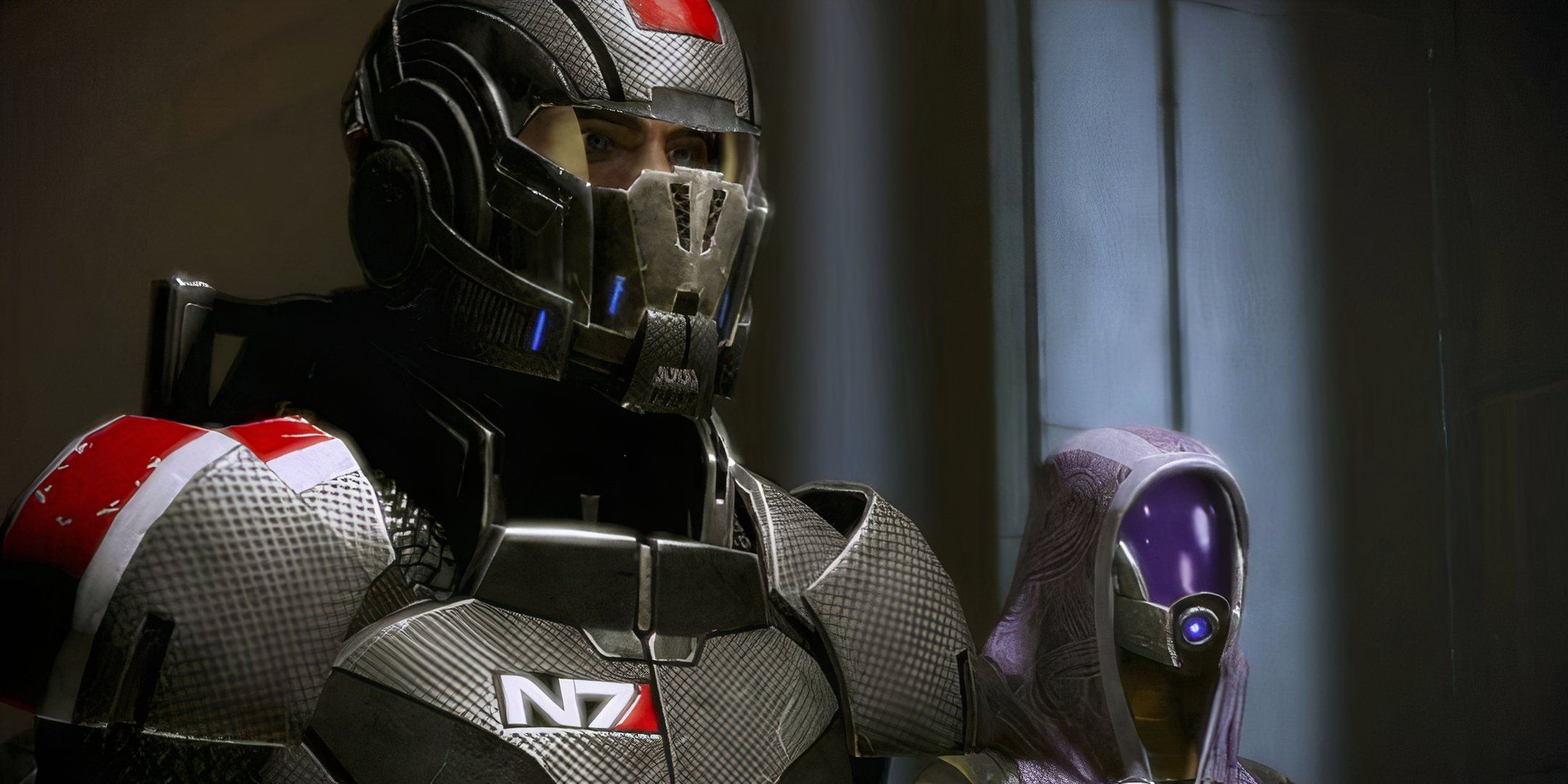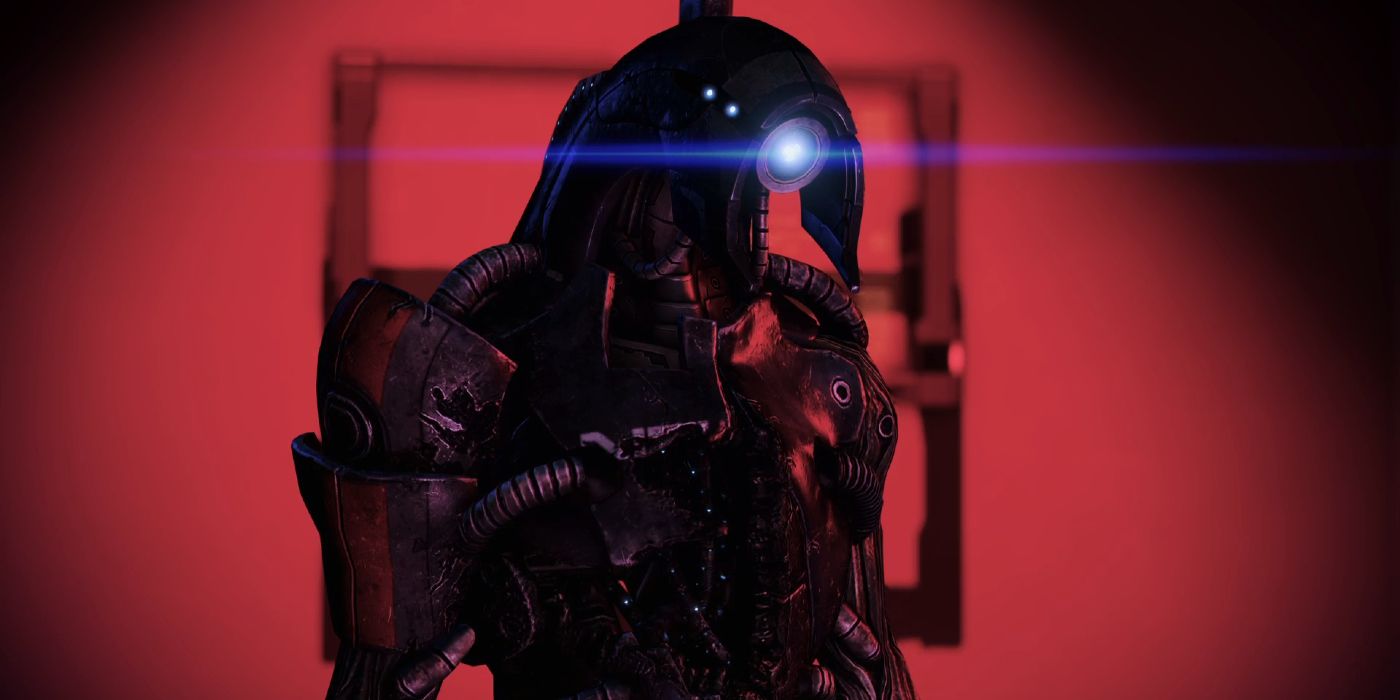[ad_1]
Video game adaptations rarely pan out. We’ve seen some success stories in recent years like The Last of Us, Arcane, and Fallout, but most still crash and burn on arrival. Just look at Borderlands, Mortal Kombat, and the more recent Yakuza show.
The Mass Effect series, which finally entered production at Amazon yesterday, is wading into still-uncertain waters. But there’s such an obvious solution to avoiding the iceberg that is a bad video game adaptation — don’t adapt the games.
Fallout did exactly that, and it was highly regarded as one of the best video game adaptations of all-time, even sweeping up several Emmy nominations. Also developed by Amazon, the show paid homage to the games and even picked up old story beats like Shady Sands, but it was also able to tell a narrative more befitting of TV because it wasn’t trying to condense an enormous, player-driven RPG into a tighter runtime with the fat trimmed off.
Mass Effect — like any good RPG — is built on a bedrock of interactivity. Who you romance, what party members you bring along with you, and the giant story decisions you make are all informed by you. Whether you shut down the colony on Feros or spare the Rachni Queen, you are ingrained into this world on such an intimate level that no other medium can capture.
Strip that away and Shepard isn’t as gripping a lead character, because like most RPG protagonists, who they are is who you want them to be. They’re a blank slate to roleplay as. In the first Mass Effect, my Shepard was a rude, arrogant, dismissive leader, but after the near-death experience in the sequel, my Shepard wanted to improve on herself, cherishing those around her more closely and becoming the hero they needed her to be.
That’s the joy of RPGs, being able to tell your own story within the confines of a wider narrative. If Amazon directly adapts the games, it will have to make those decisions for us, rewriting Shepard into a specific character that loses so much of what made their journey personal to us.
There is no one way to play Mass Effect, so how do you adapt the series faithfully? You can’t. It’s so broad, games are a unique medium for that reason and it’s why they often don’t translate well into TV and film. Mass Effect can’t be a true adaptation then, only a shadow of the games’ rich story, inevitably disappointing a huge swath of the fanbase while failing to get across what made Shepard’s journey so personal to newcomers who’ve never picked up the games.
The outliers that stick rigidly to their stories, like The Last of Us, work because the games tell such streamlined, film-inspired narratives anyway. So many of the scenes in the HBO show are 1:1 with the game because there are very few big, defining choices or branching paths. But even the best episodes stray off course to expand the world, like the Bill and Frank flashback in Long, Long Time.
TV allows for a tighter focus than most RPGs, which is why trying to wedge an entire gaming narrative into such a limited window is always going to feel awkward. Fallout understood this to its benefit, using a fresh medium to tell a new kind of story, exploring other characters and factions without having to fit in a player character capable of everything — something that just wouldn’t be all that interesting to watch.
You could even argue that it split the idea of the player up into several characters, with the Ghoul, Lucy, and Maximus.
By looking beyond the purview of the player, it was able to dive into the aftermath of our stories instead. New Vegas hinted at an NCR on the brink of collapse, and the show took this idea further by returning to the West Coast and showing them in disarray, with dwindling resources and barely a foothold on their former regions, all while their capital had been destroyed. It also dove further into the politics of Vault-Tec and their wider plans, exploring ideas that had been trickled in the games such as the corporation planning the nuclear war to gain a monopoly over the wasteland.
Mass Effect could likewise pick up the pieces, exploring the aftermath of whatever ending BioWare follows on from. We know from the cryptic clues surrounding ME5 that Mass Relays are being rebuilt with no Reapers in sight — that seems to point to the Destroy ending being canon. Especially with the giant crater seen on a recent teaser poster. That means all synthetic life has been wiped out, which would have huge ramifications on the galaxy at large.
Shepard’s story is likely over no matter what. We’ll likely step into the boots of a new character with the fifth game, proving that this world goes beyond their story as Andromeda already showed.
The TV show could give us a more personal look at how life has been uprooted and how civilisation is rebuilding in the wake of such a disaster, much as Fallout did with Shady Sands and the NCR. We can jump between characters and see all the different corners of the galaxy, rather than framing it through the eyes of one person with untold influence. It’s an exciting opportunity that, outside of shifting genres, I can’t see the games capturing in the same way.
The Mass Effect show could just adapt the trilogy, sure, but what’s the point? We know that story inside and out, and it’s so dependent on us to tell it our way. No matter what, it’ll miss something from chopping up the runtime, and it’ll lose what made Shepard so unique to us. The TV show adapting that story would be a waste of an opportunity, when Amazon could use this new medium to tell a story the games couldn’t.
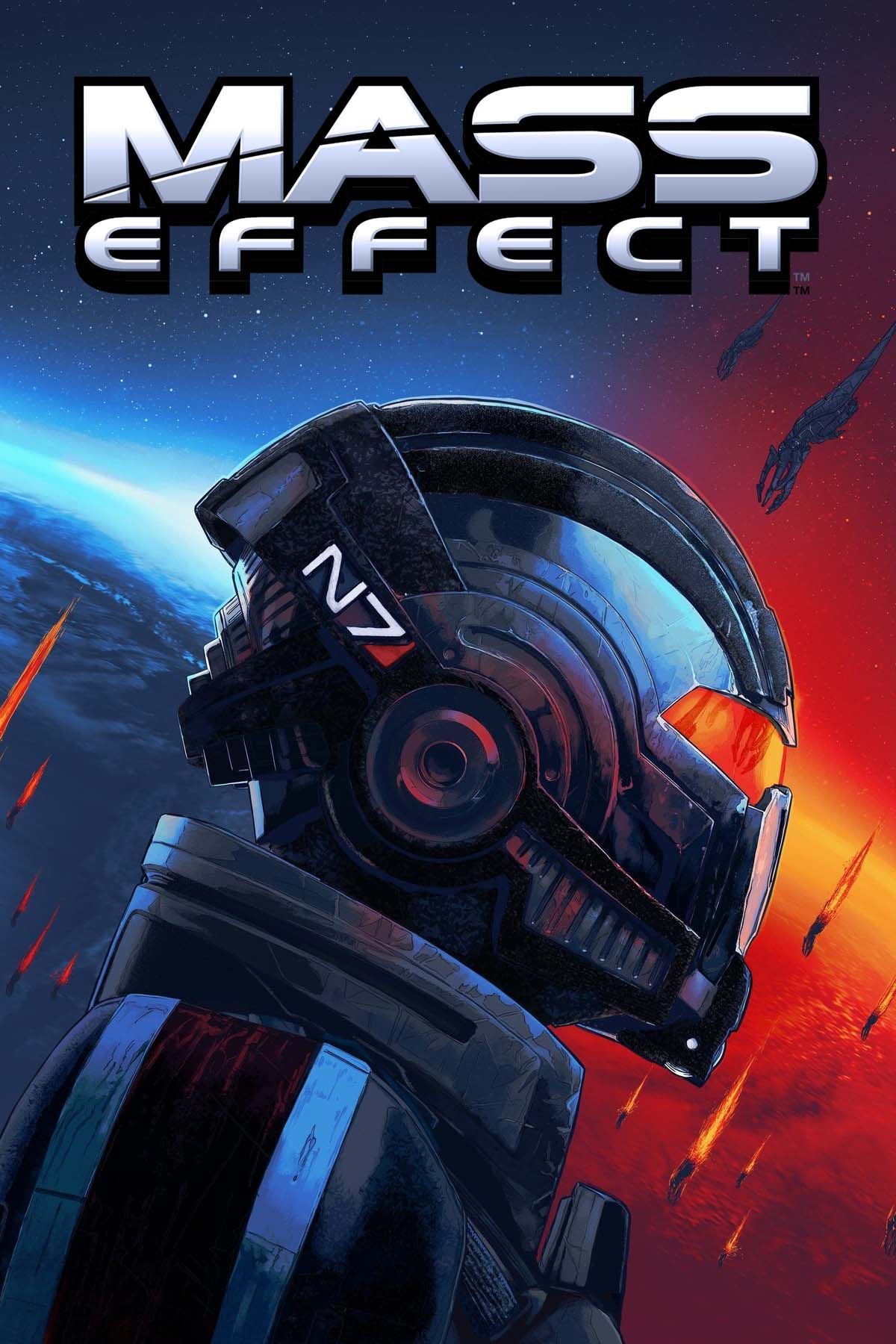
Mass Effect Trilogy
[ad_2]

